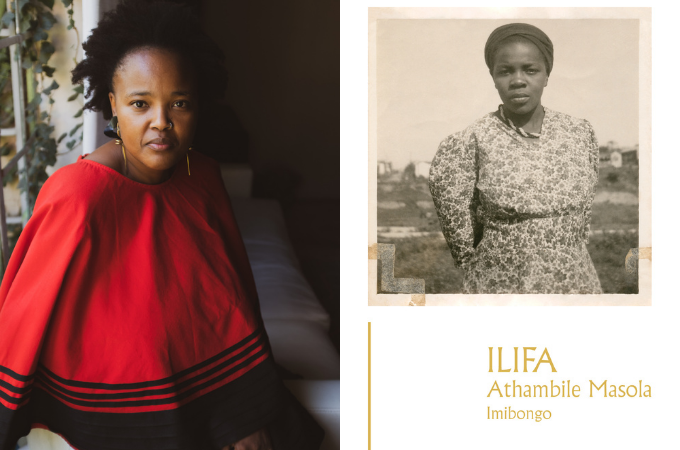
Athambile Masola has published her first collection of poetry titled Ilifa. We are delighted to highlight this new work in isiXhosa as part of our efforts to promote African language literatures. The collection of poetry was published in September by Uhlanga Press.
In the collection, Masola asks how life can persist in the face of danger and lack of freedom. She addresses the ways in which life in South African continues to be hemmed in by poverty and gender based abuse. How is it that in a society that is celebrated for dismantling one of the most oppressive systems of the modern world, freedom continues to be elusive.
Masola, descended from amaGcina and amaBhele, grew up in East London. She is a lecturer in the Department of History at the University of Cape Town. As a book that honors women’s experiences, Ilifa speaks to the founding principles of Asinakuthula Collective, an initiative that Masola founded. Asinakuthula Collective is a cultural organization that unsilences the voices of black women in history. Through hosting public events, leading conversations, and publishing works, the collective celebrates the presence and impact of black women in history.
In Ilifa, Masola depicts the stark realities of women’s experience even as she centers healing and the imagination of possible futures. The poems address themes such as South African women’s experiences, love, and freedom.
Read the publisher’s statement, see below for buying options, and watch Masola read from the collection in an event hosted at The Forge.
Publisher’s Statement (English)
“Although Athambile Masola is best known as a writer of essays, in her debut collection of poems she freely and fruitfully explores the realities of love, morality and pleasure in a dangerous world. Unabashedly modern in style and contemporary in her outlook, Masola looks with fresh eyes at the ways in which South Africans’ freedoms are still restricted by their circumstances – particularly by poverty and widespread abuse against women. Equally, however, these poems extol the possibility of healing through allowing one to listen to oneself. As such, in Ilifa, Masola gifts us with an isiXhosa that is written as it is spoken – as a language that is urban, alive, and a reflection of the time and place we live in; a society in which freedom continues to be conditional.”
Publisher’s Statement (isiXhosa)
“Ilifa yingqokolela yemibongo engumzame wokuzikisa nokuphonononga ubumnandi nobukrakra bobomi. Nangona uMasola esaziwa nje ngombhali wezincoko, apha kule mibongo usibonisa isakhono sakhe sokubhala iingcamango ngothando, ubumnandi bokuziphatha nokuziyolisa nangona ephila kwilizwe elinobungozi ngenxa yamadoda axhaphaza amanina. Le mibongo ijijisana nokugqwethwa kwenku- luleko ngenxa yentlupheko engathethisiyo. Ikhona nemibongo ethetha ngempiliso etyhilekayo xa sizinika ithuba lokuzimamela. Apha kule ncwadi isiXhosa sibhalwe njengokuba sithethwa. Nje ngomntu okhulele edolophini, isiXhosa sesasidol- ophini. Enye yendlela yokulondoloza isiXhosa kukubonisa indlela esiphila ngayo kwilixa lenkululeko ekhaphukhaphu.”
Buy Ilifa: African Books Collective | Barnes and Noble


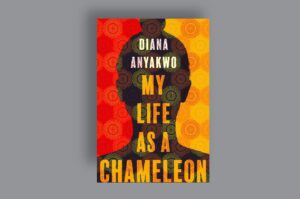
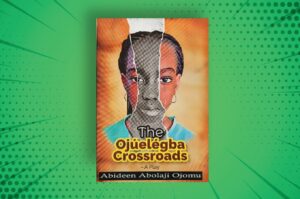
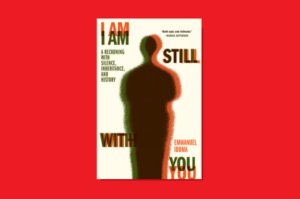


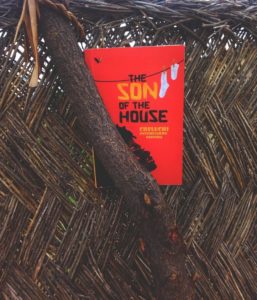

COMMENTS -
Reader Interactions